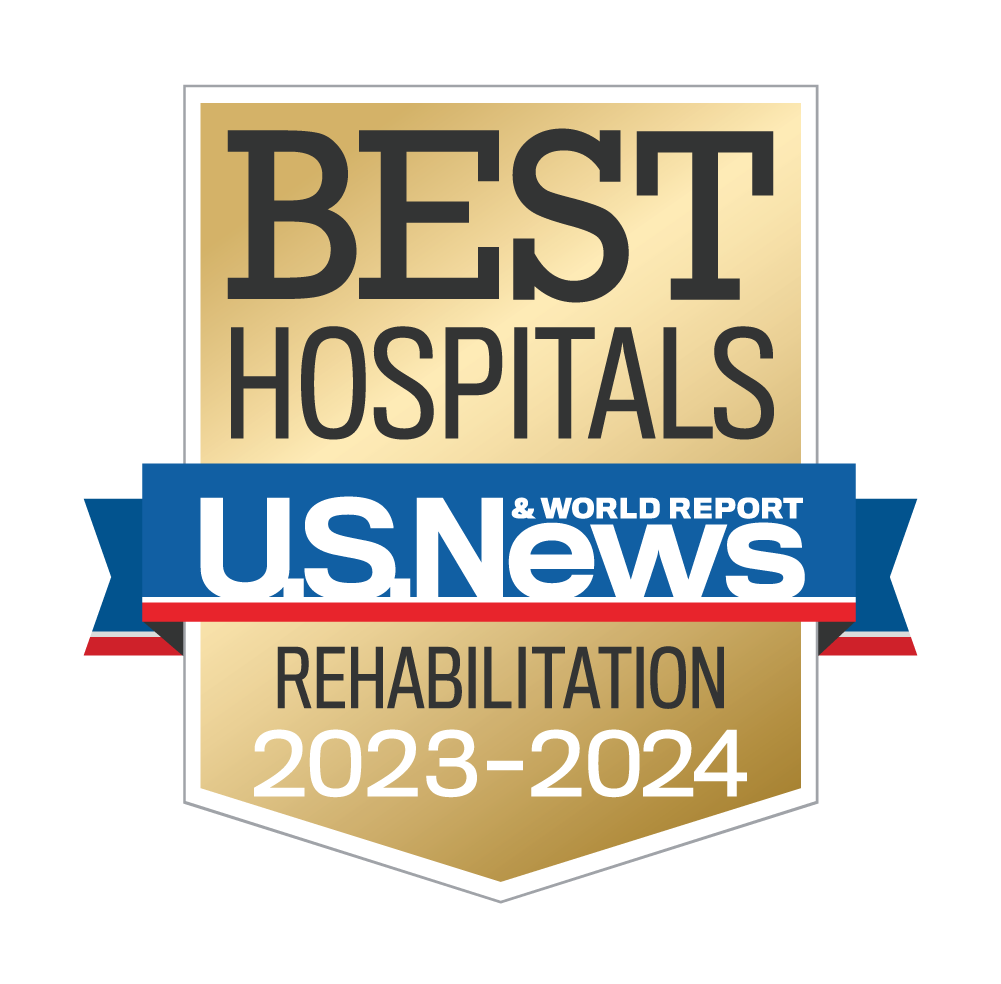Our Longitudinal Mentorship Program Adapts to Individual Needs
Longitudinal Program
Typically in August of PGY2, Dr. Hearn looks to pair each resident with a professional mentor, based on career and development interests. A mentor can be a valuable contact for discussing a wide range of topics, from fellowship preparation to having a family during residency. Mentors may open doors by identifying opportunities and professional connections, based on a resident's interests and talents. Mentors and mentees are encouraged to meet several times per year during PGY2, and we start it out with a mentorship meet-and-greet appetizer event. It's great to know there's someone looking out for you specifically, outside of the Program Directors!
Toward the end of PGY2 year, mentors and mentees reflect on the year and decide if the formal mentorship relationship will continue, or if it will transition to a more ad hoc style. While most residents choose to stay with their original mentors, many find that other natural mentorship relationships arise along the way and end up recognizing multiple or different mentors.
Situational Mentorship
Additionally, mentorship needs and interests often arise in a situational context-- say, as interviews are approaching, or an exam is upcoming. The Program Director group has collected information from faculty who have volunteered themselves as resources in a number of areas. Some of these include work-life balance, studying for standardized tests, academic confidence, public speaking, managing team dynamics, interpreting scientific literature, running an inpatient unit, and networking. Our goal is to connect people to one another and to opportunities.


